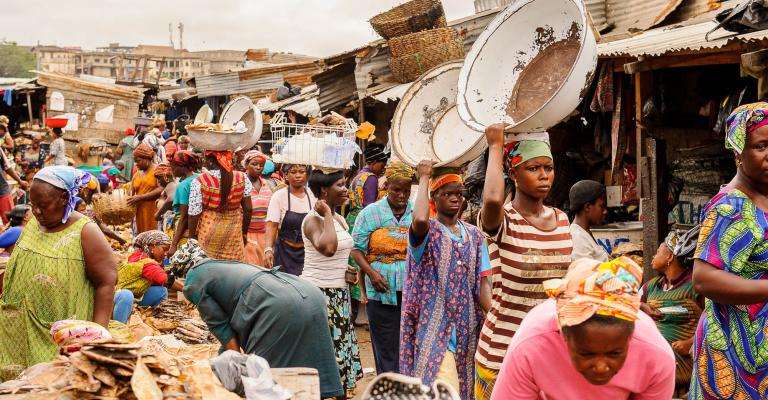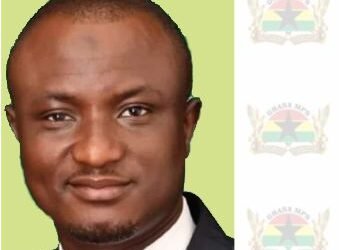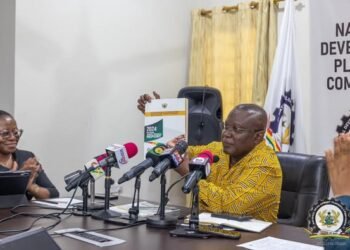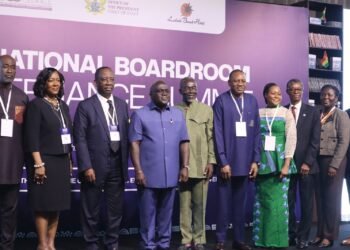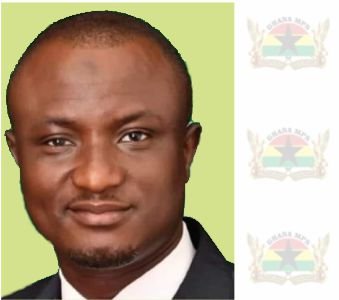As Ghana’s December 7, 2024, election approaches, political leaders and analysts are filling media spaces and public platforms with predictions, trends, and analyses to capture the “mood of the electorate.”
However, many experts risk a significant miscalculation by reducing voter sentiment to surface-level assumptions. Bright Simons, Honorary Vice President of IMANI Centre for Policy and Education, sharply critiqued what he termed as a pattern of superficial analysis in a thoughtfully detailed reflection.
Bright Simons disputed the widespread belief, often echoed by some political leaders, that the economic hardships prevalent in cities do not extend to rural areas. Instead, he posited that rural communities face economic struggles that many Accra-focused elites fail to truly understand or appreciate.
He recalled an assertion from a political figure he referred to as “Mr. Big Man,” who claimed that concerns such as inflation, the cost of living, and exchange rates resonate differently with voters in the rural Ghana compared to residents of urban Accra.
“He says that Accra-based analysts and activists are misguided if they think the ‘hardship’ in the big cities is felt in the same way in ‘rural regions’. He paused, curled an elegant piece of salmon between his laser-polished teeth, and took a light sip of his fine vermouth.
“Then he let out a hiss: ‘The results on December 9th will do the talkative like cine!’ Mr Big Man has a point that people need to pay attention to what is on the ground rather than ride on what they feel or want to happen”.
Bright Simons, Honorary Vice President of IMANI Centre for Policy and Education
However, Bright Simons countered this narrative with evidence-based analysis and real-world insights. His findings highlighted significant economic challenges in rural areas, challenges that are likely to influence voters as they prepare to cast their ballots.
Economic Hardships Extend Beyond Cities – Rural Pressures Are Growing
Contrary to Mr. Big Man’s claims, inflation is not just an urban middle-class concern. Bright Simons noted that inflationary pressures are, in fact, most severe in some of Ghana’s northern regions.
According to him, for instance, food inflation in the Savannah Region is over twice that of Accra, asserting that this disparity underscores structural economic challenges that affect rural areas at least as much as, if not more than, urban centres. Additionally, this rural inflation disproportionately impacts already vulnerable communities.
Population Density and Urbanization in Rural Areas
Moreover, the IMANI’s Honorary Vice President highlighted a frequently overlooked trend: the Northern Region now has a higher population density than the Ashanti Region. This shift he noted reflects mounting pressure on rural areas to support larger populations with limited resources.
For him, when high population density is combined with significant inflation, these regions encounter unique hardships that cannot be dismissed by those with only a surface-level understanding.
Bright Simons also pointed out that the rate of urbanization in small towns within traditionally rural areas is rising, with Bono East now more urbanized than the Western Region.
This trend according to him means that rural populations are increasingly moving toward small towns in search of opportunities and services not available in strictly rural settings.

The Impact of the Microfinance Crisis on Rural Communities
Additionally, Bright Simons underscored the impact of the microfinance crisis that shook Ghana in recent years particularly its deep impact on rural areas.
Unlike urban centres, which had better access to diverse financial services, Bright Simons posited that rural communities were hit hardest, with many losing their savings and investment potential.
“Fast urbanising small towns in traditionally rural regions are feeling the pinch of rising cement prices more than even those in Accra and Kumasi. And so on and so forth. I can go on and on”.
Bright Simons, Honorary Vice President of IMANI Centre for Policy and Education
Campaign Visits Don’t Capture True Voter Sentiment
Bright Simons was forthright in criticizing “Mr. Big Man’s on the ground” experiences, asserting that driving through rural towns during campaign season may provide politicians with a superficial understanding, but it falls short of genuinely comprehending local realities.
Rural communities require ongoing and substantial engagement beyond election periods. Bright Simons warned that relying on brief visits and “fly-over” assessments risks misjudging voter sentiment, leading to potential disconnects that could affect election outcomes.
He concluded with a call for humility and thorough analysis, urging political elites to acknowledge the limits of their knowledge and prioritize detailed, data-driven evaluations over anecdotal and unfounded assumptions.
Bright Simons’s critique is a reminder of the risks inherent when leaders make assumptions about voter sentiment without truly understanding their constituents’ experiences.
The narrative that rural areas are insulated from economic hardships faced by urban centers is misleading and potentially dangerous in its dismissiveness, hence politicians relying on superficial readings of voter concerns risk alienating and misrepresenting significant portions of the electorate.
As Ghana’s election approaches, political leaders and analysts must bridge knowledge gaps and approach the rural-urban divide with the data, empathy, and respect that voters deserve as it is only those leaders who listen to and advocate for their communities, regardless of location, will earn the trust of the people.
READ ALSO: Nigerian Actors Hail Donald Trump Following US Presidential Victory


